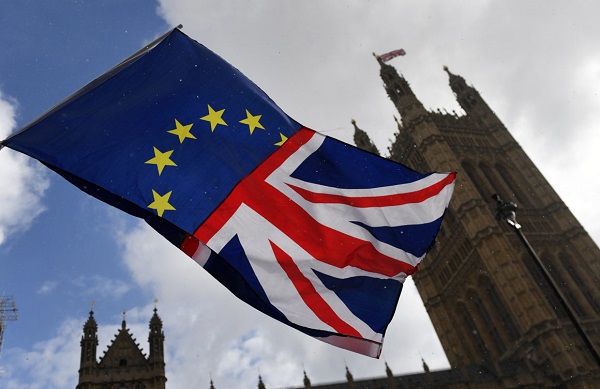What are the impacts of Brexit?
December 21, 2018 | Expert Insights

The turbulent negotiation process has left many stakeholders confused about what to expect from Brexit and the post-Brexit environment.
Background
On June 23rd, 2016, Britain narrowly voted to leave the European Union, stunning Europe and the world in general. The EU employs a set of policies for its 28-member states that aim to ensure the free movement of people, goods and trade among other services. Britain is deeply intertwined with the workings of the EU especially with regard to trade.
PM Theresa May’s leadership in the negotiations has been heavily criticised. She has been unable to form a consensus within the Parliament, or even her own party, for the course of Brexit. Her “directionless” leadership has not convinced most of her peers in Westminster and she was challenged by a no-confidence motion in early December 2018, which she narrowly won.
Despite her best efforts, the British parliament is not accepting Theresa May’s proposed Brexit agreement. Irrespective of whether they arrive on a deal or not, the UK is officially set to leave in March 2019.
Analysis
A no-deal Brexit -- where the UK crashes out of the European Union without a transition plan in place -- could cause food and medicine shortages for its closest neighbour, Ireland. The "stark" 130-page document opens with a warning that "the prospect of a no-deal Brexit is very real," adding that "amongst all Member States Ireland could be the most adversely affected by the UK's withdrawal from the EU and to the greatest extent in a no-deal scenario."
The U.K. also published its long-awaited immigration plan for life outside the European Union, to end freedom of movement from the bloc and prioritize skilled workers regardless of nationality. Home Secretary Sajid Javid said the aim was to bring net migration down to “sustainable levels.”
Reducing immigration has been a major issue for British voters and was a key motivation for many who chose to leave the EU in the 2016 referendum. The freedom of citizens to move between members states is a founding principle of the bloc and isn’t negotiable, its leaders say.
However, the tougher rules of migrants -- especially the government’s proposed salary threshold of 30,000 pounds ($38,000) for skilled workers -- would be a “sucker punch” for many companies that will struggle to recruit or retain staff, the Confederation of British Industry lobby group said in a statement.
Another major issue is the Irish border between the Republic of Ireland and Northern Ireland, a constituent part of the UK. One of the key priorities for Dublin set out in the contingency plan is the "protection of the peace process and the Good Friday Agreement ... and there being no hard border."
The issue of how to handle the boundary between Northern Ireland and the Republic has become one of the key sticking points in negotiations over the UK's withdrawal.
Many have warned that a return to a hard border -- with militarized checkpoints and border checks -- could spark a renewal of the "troubles," the decades-long sectarian conflict which plagued Northern Ireland before the Good Friday Agreement brought peace to the region.
The deal May reached with the EU included a backstop arrangement whereby the UK remains in the customs union, avoiding border checks if no agreement can be reached before the transition period ends in 2020.
Assessment
Our assessment is that the Theresa May-led government is struggling to keep her plan of Brexit as a viable choice in the face of growing criticism. The criticism is not without its merits as the proposed plan does not address significant details such as the Irish Border and stockpiling essential commodities like food and medicines. We believe that PM May is now fighting not only for a fair Brexit deal but also for her own political survival. We also feel that the rising disagreements within the Conservative Party may lead to a new Brexit Referendum, an idea which is supported by most members of the House of Commons.
India Watch
India stands to gain from Brexit, irrespective of whether there is a deal or not. The UK will require highly skilled, educated immigrants to support its largely service-based economy and Indian students will benefit from the proposed relaxation of visa regulations. India’s largest consumer base will also be a lucrative market for British companies and therefore we can expect a new, post-Brexit Indo-British Free Trade agreement.








Comments